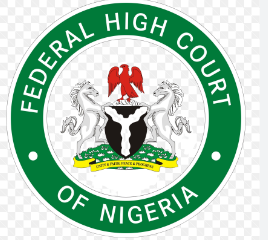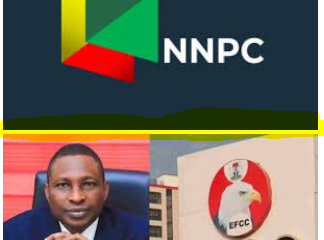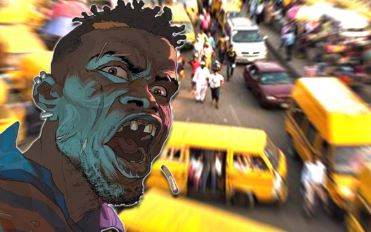President Muhammadu Buhari has declare a national emergency on corruption, challenging institutions, agencies and individuals to reverse the negative culture of pilfering public funds.
Speaking while signing an executive order seeking to restrain owners of assets under probe from carrying out further transactions on such properties on Thursday, he said he chose to sign the order so as to stop owners of the assets from using their proceeds to pervert justice.
“Like I have said many times, if Nigeria does not kill corruption, corruption will sooner-or later kill Nigeria,’’ Buhari said.
“It has thus become necessary to re-kit and re-tool our arsenal to be able to effectively tackle corruption’s perilous counter-attack against the Nigerian state. Accordingly, the federal government of Nigeria has declared a national emergency to deal with that crisis.
Buhari said the real battle against corruption will be heightened by the strengthening of policies and institutions, saying his administration had achieved milestones with multi-sectoral reforms on anti-corruption including the enforcement of Treasury Single Account (TSA), strict implementation of the Bank Verification Number Policy and Signing of the Open Government Partnership.
“In this regard, the federal government of Nigeria in line with its anti-corruption strategy seeks to ensure that justice is not defeated or compromised by persons involved in a case or complaint of corruption.”
The president said the viability and continuous well-being of the nation faces enormous threat from corruption.
“Whilst there are many reasons why Nigeria has been struggling; regrettably, the most unfortunate cause of great disparity between Nigeria’s wealth and its poverty is endemic corruption,” he said.
“It is in consequence of this that I have decided to issue the Executive Order No. 6 of 2018 to inter alia restrict dealings in suspicious assets subject to investigation or inquiry bordering on corruption in order to preserve such assets from dissipation, and to deprive alleged criminals of the proceeds of their illicit activities which can otherwise be employed to allure, pervert and/or intimidate the investigative and judicial processes.
“Or for acts of terrorism, financing of terrorism, kidnapping, sponsorship of ethnic or religious violence, economic sabotage and cases of economic and financial crimes, including acts contributing to the economic adversity of the Federal Republic of Nigeria and against the overall interest of justice and the welfare of the Nigerian state.”

 Health6 days ago
Health6 days ago
 Crime7 days ago
Crime7 days ago
 Comments and Issues1 week ago
Comments and Issues1 week ago
 Latest1 week ago
Latest1 week ago
 Comments and Issues1 week ago
Comments and Issues1 week ago
 Football1 week ago
Football1 week ago
 Comments and Issues1 week ago
Comments and Issues1 week ago
 Comments and Issues1 week ago
Comments and Issues1 week ago











